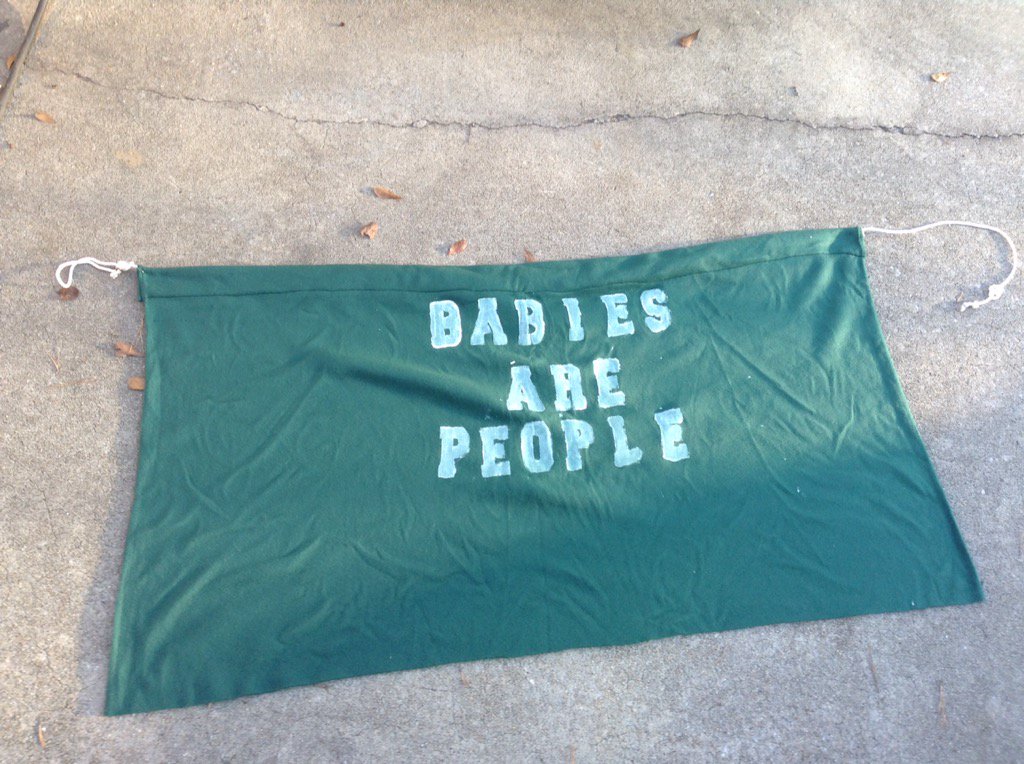It’s resolution season, and for reasons I can’t explain, I keep ending up in conversations about weight loss. It might be because we live in a society that sells an obsessive preoccupation with a particular standard of beauty to a populace notoriously unable to achieve that standard. Hence a large number of us yearn to live up to an ideal we are nowhere close to meeting.
Thus: Unhappiness.
If you are one of the unhappy people trying to decide what to do with your body this year, here are my three thoughts.
#1 Work on Your Soul First
I don’t say ignore your body, see below. But let’s remember what your body is: Your body is the way your soul expresses itself. You are a body-soul sandwich, the two are inseparable, and thus if you don’t take care of your body (see below) you hamper the working of your soul. But the soul directs the body. The work of the body is to communicate the soul to the world. Therefore, if you have a perfect body and a trashy soul, your body is just going to strew garbage.
You don’t want that.
As it happens, one of the means of caring for your soul involves caring for your body — the two are, after all, inextricably linked. But if you have to choose between devoting your limited energy primarily to making yourself all shiny and buff on the outside or tending to the serious spiritual problems you’ve got going on inside, tend to the spirit first every time. Do that and the body will start to follow along — it’s attached.
#2 Do You Really Need to Lose Weight?
There are two categories of people who think they need to lose weight:
(A) People who do not need to lose weight.
(B) People who do need to lose weight.
I have no idea which one you are.
If you took a poll of friends, relatives, and physicians, you’d probably get a variety of answers — even if you inhabit the very portly or very slender end of the spectrum.
To complicate matters even further, there are some people who determine they need to lose weight, so they change some aspect of their daily habits and thus succeed in achieving long-term weight loss. (Examples: Rebecca, Erin, the other Jen F.) There are other people who follow the same exact steps that worked for so-and-so, with the same amount of diligence and self-denial, and do not achieve the same results. There are yet other people who try ten different things before they finally figure out the one that works. There’s not much way of knowing which group you’d fall into.
Therefore, after you’ve done #1, I recommend skipping straight to #3, which will hold you in good stead and save you all kinds of anxiety in the meantime:
#3 Work on Being Healthy and I Mean That For Serious
I am not your girlfriend who always says “supportive” things. I am your mother who cares about your well-being, and who is also ready to barge in and claim your rights for you:
You deserve to be as healthy as you can reasonably be.
Now there are a lot of horrible things going on in your life that are getting in the way of that. People steal your protein bars and stuff your cabinets with sugar-coated Doritos. Your boss threatened to fire you if he caught you exercising. You have an evil fat-producing tumor in your rear. You’re allergic to fresh air, sunlight, and all vegetables.
I exaggerate, but I don’t kid. We all have things we cannot control, and other things that are hard to control, that make it more difficult for us to take care of ourselves the way we ought. We all have things that genuinely prevent us from being able to make ourselves as healthy as we’d like.
So accept right now that you might not be able to be as healthy as you want to be. Furthermore, accept that being as healthy as you can be is going to require overcoming some significant obstacles.
But don’t, therefore, cheat yourself of that which you both deserve and can realistically have.
It isn’t, after all, just about you. By taking care of your body as well as you are able, you allow your soul to work as well as it is able. And that means you are able to do good things for other people.
***
Spare notes for people who don’t have a clue where to begin:
I’m loathe to make specific prescriptions on what as healthy as you can be will look like for you. I’m not your doctor, and anyway doctors disagree on what the best course of nutrition, exercise, and so forth looks like. But if you know things are not well with your body and you aren’t sure where to start, here are my three thoughts on how to make a beginning.
Visit your doctor. There are a lot of health problems, piles and piles of them, that can cause fatigue, weight gain, lethargy, depression, exercise intolerance, etc., etc., etc. There’s no sense beating yourself up because you can’t achieve xyz health or fitness goal when it turns out all along you needed to be treated for an underlying medical condition if you were ever going to make a go of it.
Pick a middle-of-the-road book on health and nutrition that’s not about dieting, and is about eating real foods. Two that get good recommendations by a broad cross-section of motivated-but-beleaguered readers are The Perfect Health Diet and The Wahls Protocol. I don’t say these books will be exactly what you need forever and ever amen. You may find you need to blatantly ignore some of the advice. But if you are currently living on Frosted Flakes and haven’t got a clue whatsoever, both of these sit midway among various approaches to health and nutrition, and provide a starting point from which you could then make adjustments. There are other similarly good books you might like better, I just haven’t read them.
Readers, if there’s a book or website you’ve found helpful in showing you how to realistically improve your health, please share over at the Facebook discussion group for this blog.
Start somewhere, and then adjust and improve bit by bit. Maybe you’ll be one of those people who gets instant, perfect results with the first thing you try. Congratulations and please hush your mouth. Most people have to do some experimenting to find out what works well for making their bodies as healthy as possible. Your body is unlike any other, and your life is unlike any other, so the only way to take care of yourself is to just keep trying to take care of yourself.
But regardless of how you proceed, here’s your message for the coming year: God doesn’t make garbage.
He didn’t make you to be treated like garbage.
He made you to be loved and cherished. When He said, “Love your neighbor as yourself,” He necessarily implied that if you don’t love yourself, you aren’t going to be any good at loving your neighbor either. Taking care of your body is a way that you serve God.

Artwork: Joseph Keppler [Public domain], via Wikimedia Commons. That’s a “P” in the word Puck, just FYI.










 .
.
